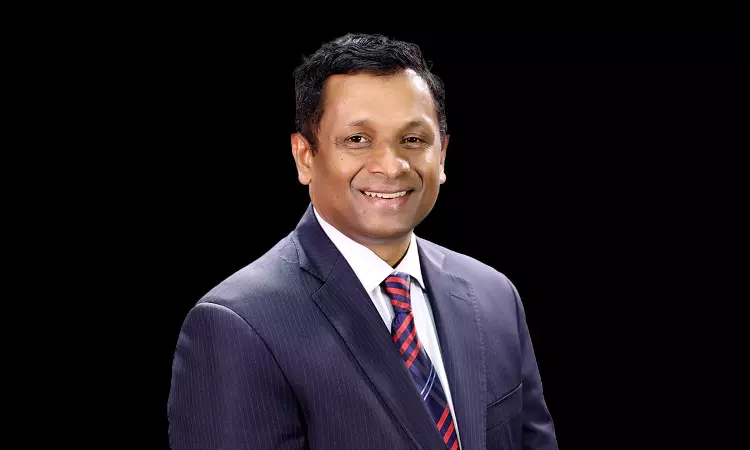Life will always throw challenges your way but what matters is how you come out of it. People who have fought it all and reached the top are always an inspiration to many. One such person is Surendran K Pattel — the 240th Judicial District Court judge in Texas’ Fort Bend County.An Indian by origin, Pattel hails from a remote village in Kerala called Balal and had to face a lot of...

